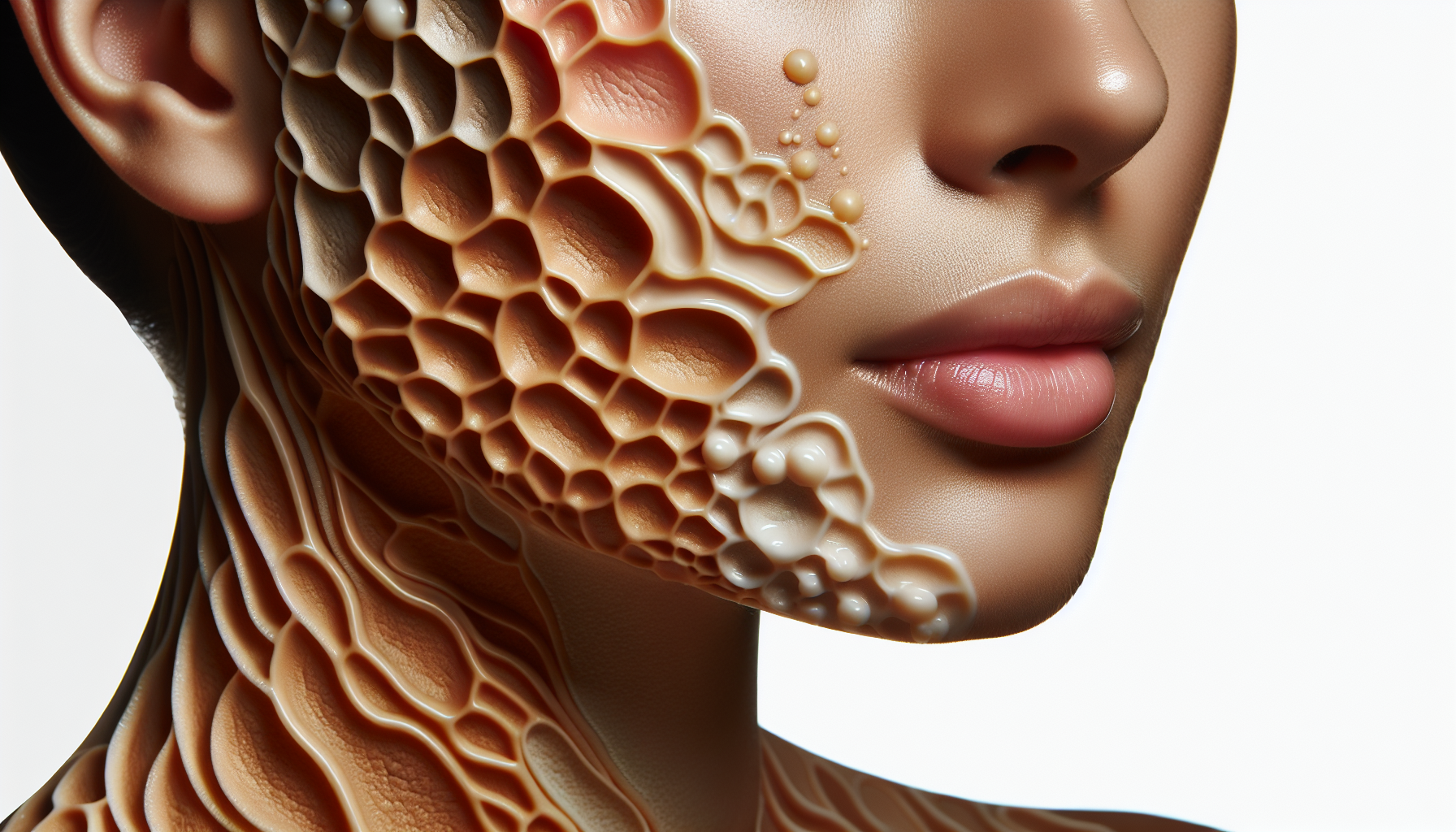Peptides have become a cornerstone in the quest for healthy and youthful skin. These short chains of amino acids are the building blocks of proteins, which play a crucial role in maintaining the integrity and resilience of our skin. In recent years, the use of peptides in skin care has surged, thanks to their ability to signal the skin to produce more collagen, elastin, and other vital components that diminish with age. In this article, we will delve into the science behind peptides, their benefits, and how to integrate them into your skin care routine effectively.
Understanding Peptides and Their Functions
Peptides are naturally occurring biological molecules found in all living organisms. They are formed when two or more amino acids link together, creating a chain. In the context of skin care, peptides act as messengers, signaling the skin cells to perform specific functions such as collagen synthesis, which is essential for maintaining skin’s elasticity and firmness.
Collagen, the most abundant protein in the human body, provides structure to our skin. As we age, our bodies produce less collagen, leading to the formation of wrinkles and a loss of firmness. Peptides in skin care products mimic the body’s natural signaling processes, encouraging it to repair and rejuvenate the skin.
The Benefits of Peptides for Skin Health
Peptides offer a multitude of benefits for the skin. They help to:
- Stimulate Collagen Production: By signaling the skin to produce more collagen, peptides can reduce the appearance of fine lines and wrinkles, resulting in a more youthful complexion.
- Enhance Skin Barrier: Peptides strengthen the skin’s barrier, protecting it from environmental stressors and preventing moisture loss.
- Regulate Skin Functions: Some peptides have antimicrobial properties or can influence pigmentation, contributing to clearer and more even-toned skin.
Integrating peptides into your skin care regimen can be transformative, especially when combined with other skin health strategies. For a comprehensive approach to skin care, consider exploring Avix Health’s guide on Skin Health, which offers a wealth of information on maintaining and improving the condition of your skin.
Incorporating Peptides in Your Skin Care Routine
When it comes to using peptides, it’s crucial to choose the right products and use them consistently. Here are a few tips for incorporating peptides into your skin care routine:
- Select Quality Products: Look for serums, creams, or lotions that list peptides high up on the ingredient list, which suggests a significant concentration.
- Layer Wisely: Apply peptide products after cleansing and toning but before heavier creams and oils to ensure optimal absorption.
- Consistency is Key: Peptides work over time, so regular use is essential for seeing results. Patience and consistency will yield the best outcomes.
In addition to topical products, lifestyle factors such as diet and sun protection play a vital role in skin health. For more insights on how to protect your skin and maintain its vitality, delve into the article on Skin Protection from UV Radiation in the Digital Age. Additionally, understanding the Benefits of Regular Facial Cleansing for Skin Health can further enhance your skin care practices.
Advanced Peptide Treatments and Technologies
The field of dermatology is continuously evolving, with new treatments and technologies emerging to harness the power of peptides. Some of the most cutting-edge applications include:
- Peptide-Infused Facials: Professional treatments that deliver peptides through advanced delivery systems for deeper penetration.
- Micro-Needling with Peptides: A procedure that creates micro-injuries in the skin, allowing for better absorption of peptide formulations.
- Peptide-Based LED Therapy: Combining LED light therapy with peptide serums to maximize skin rejuvenation.
For those interested in the latest dermatological advancements, the article on Embracing Next-Generation Dermatological Solutions provides an in-depth look at the innovative treatments available today.
External Resources for Further Reading
To expand your knowledge on peptides and their role in skin care, consider exploring these niche resources:
- The International Journal of Cosmetic Science offers peer-reviewed articles on the science behind cosmetic ingredients, including peptides.
- The Dermatology Review provides in-depth analysis and reviews of skincare products, with a focus on ingredients like peptides.
- Skin Therapy Letter is a professional resource with articles on dermatological treatments and ingredient efficacy.
Conclusion
Peptides are more than just a trend in the beauty industry; they are a scientifically-supported ingredient that can make a significant difference in the health and appearance of your skin. By understanding how peptides work and incorporating them into your skin care routine, you can tap into their rejuvenating properties and achieve a more radiant, youthful complexion.
Remember, while peptides are powerful, they are most effective when part of a holistic skin care approach. Protecting your skin from the sun, choosing the right products, and maintaining a healthy lifestyle are all essential components of skin rejuvenation. As you explore the world of peptides, let your skin’s needs guide you, and don’t hesitate to consult with a dermatologist for personalized advice.



